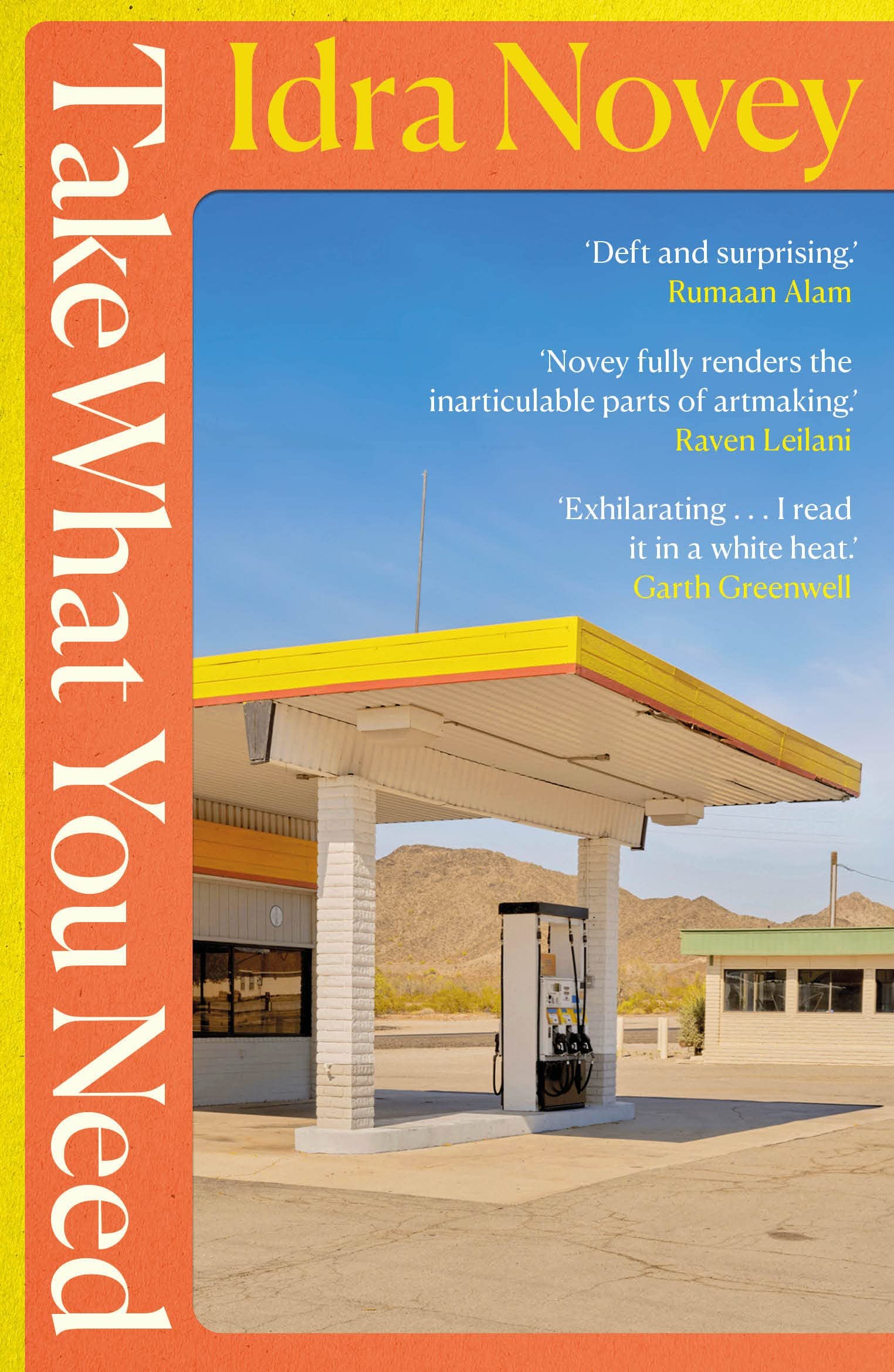
Take What You Need by Idra Novey
‘Take What You Need speaks eloquently and at length about the trials of a broken nation, and it has much to say about grief — in particular the indistinct form generated as a result of absence and disconnection. It elevates the modern American novel to new and exhilirating heights.’
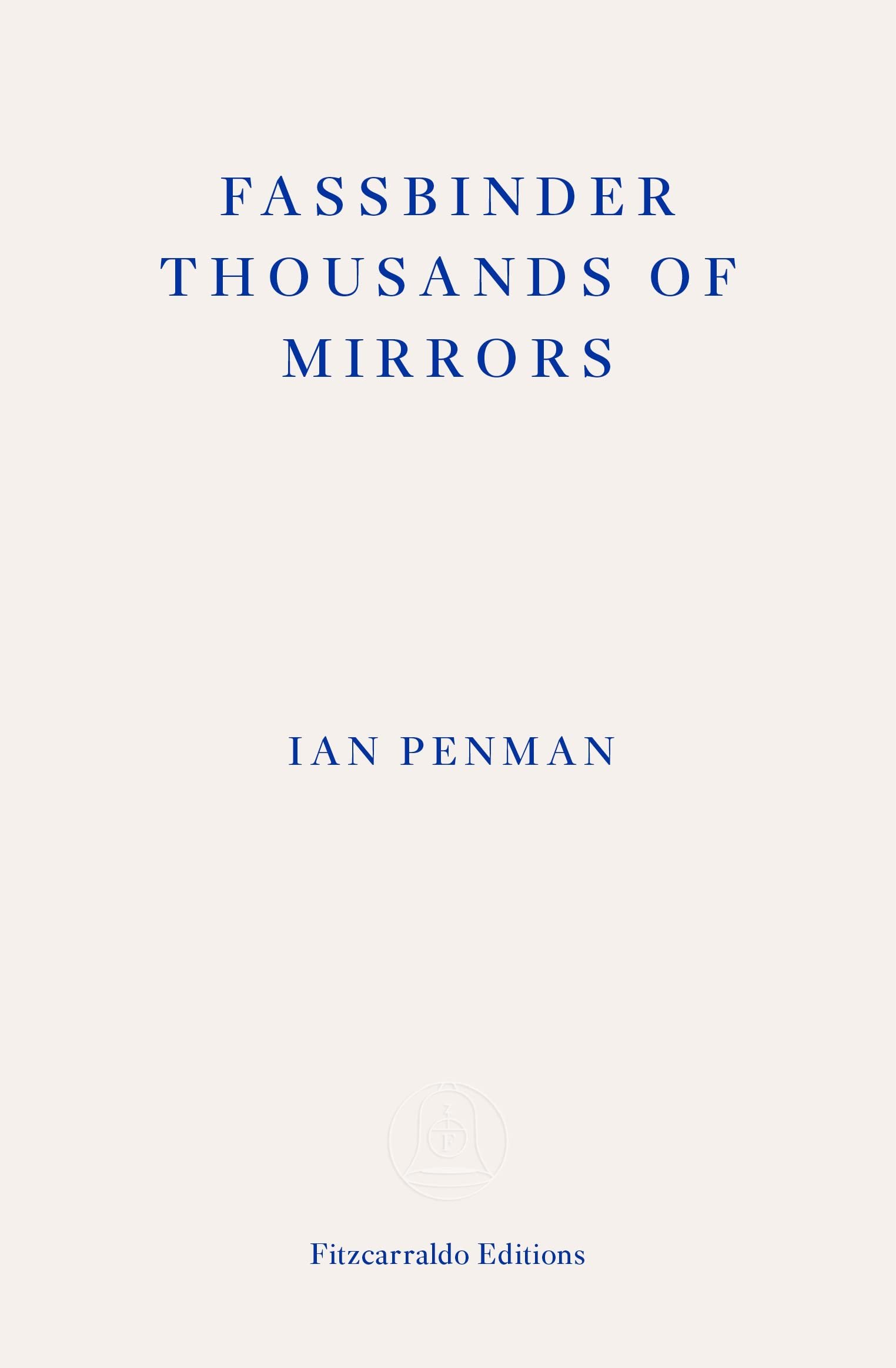
Fassbinder Thousands of Mirrors by Ian Penman
‘Generous to a fault, and still balancing passion and caution with winning ease, Penman, you suspect, could find illuminating angles of inquiry in a crate of unexposed film.’

Cold Fish Soup by Adam Farrer
‘Cold Fish Soup is like nothing else you will read this year: a lyrical and courageous exercise in uncovering one’s personal history, and one that takes the sword to its author’s contention that he inevitably makes everything about him.’
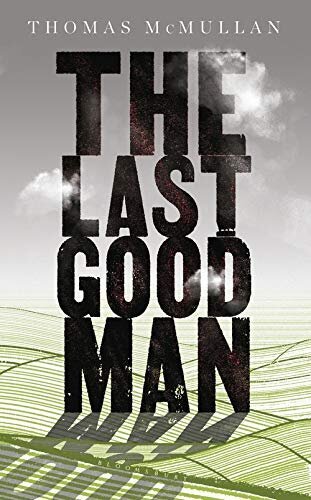
The Last Good Man by Thomas McMullan
‘The Last Good Man is an essential and commanding slice of folk horror — a wholly successful exercise in world-building that straddles an uncomfortable line between reality and fantasy.’
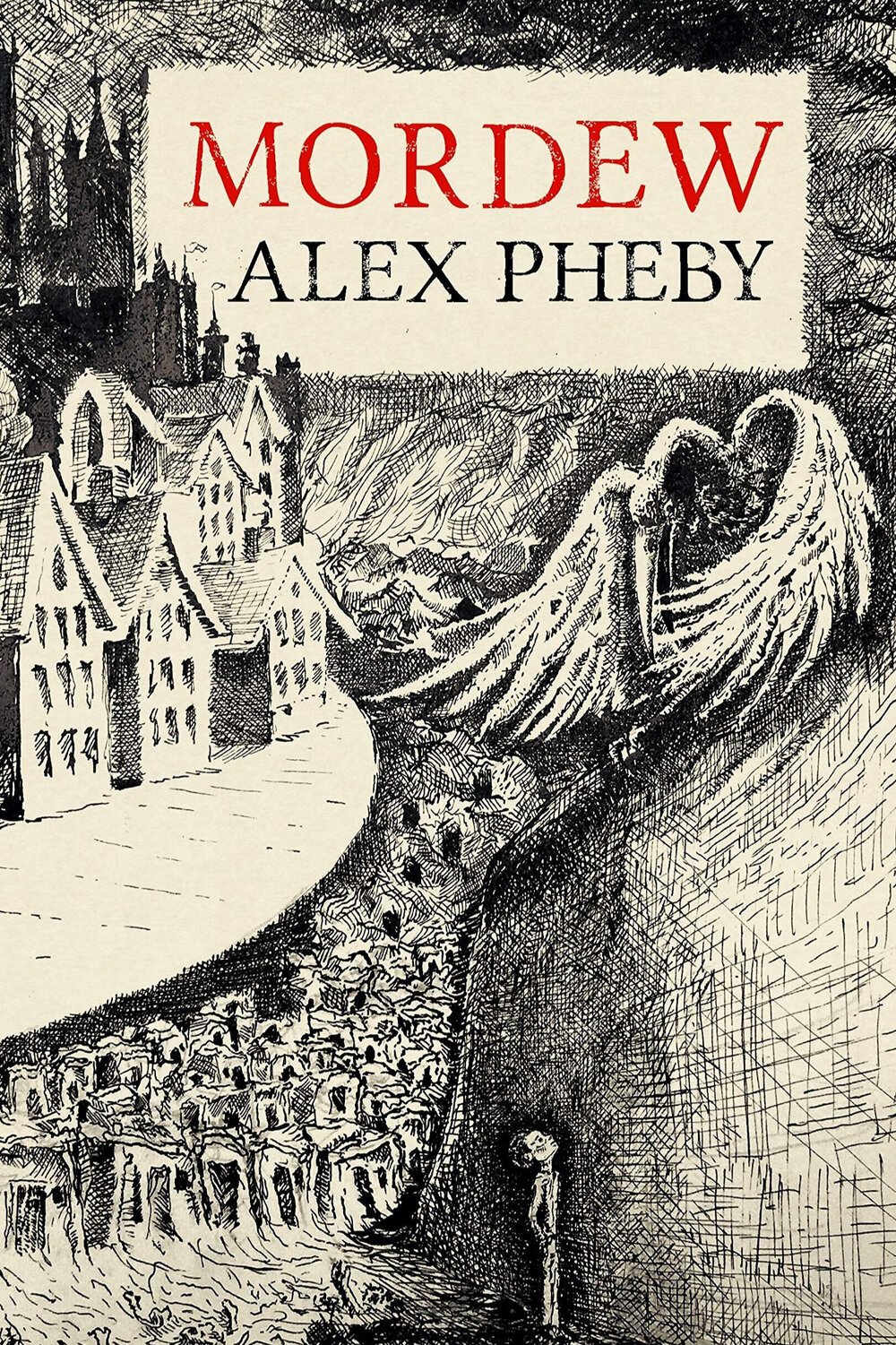
Mordew by Alex Pheby
‘Ending on a perfectly delivered cliff edge, Mordew is a dark wonder: an epic tale, as thematically rich and as it is politically astute.’
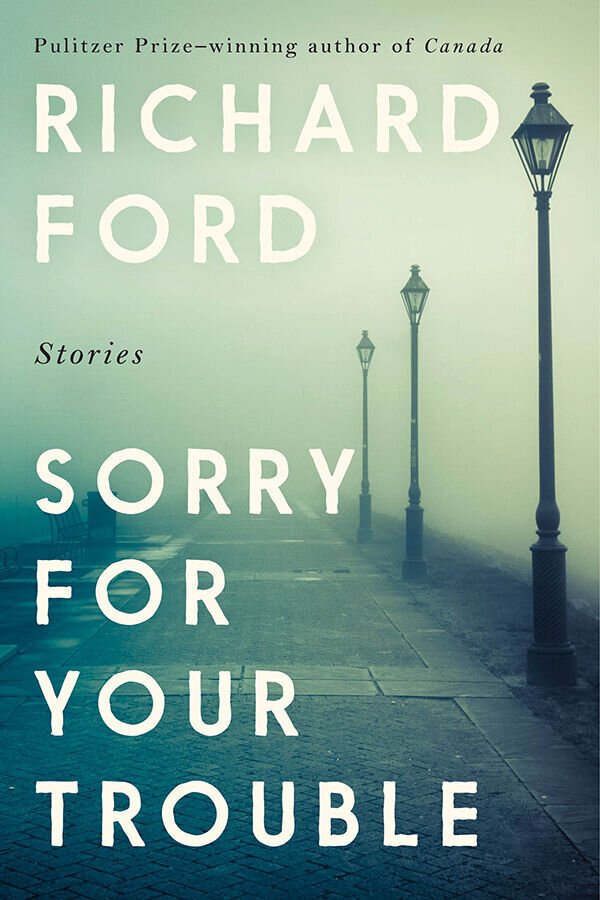
Sorry For Your Trouble by Richard Ford
‘With Ford, certainly in the short form, familiarity is to be treasured, as he continues to hone and explore his mode: that fragmentary staging of lives at a distressed, pointed moment.’
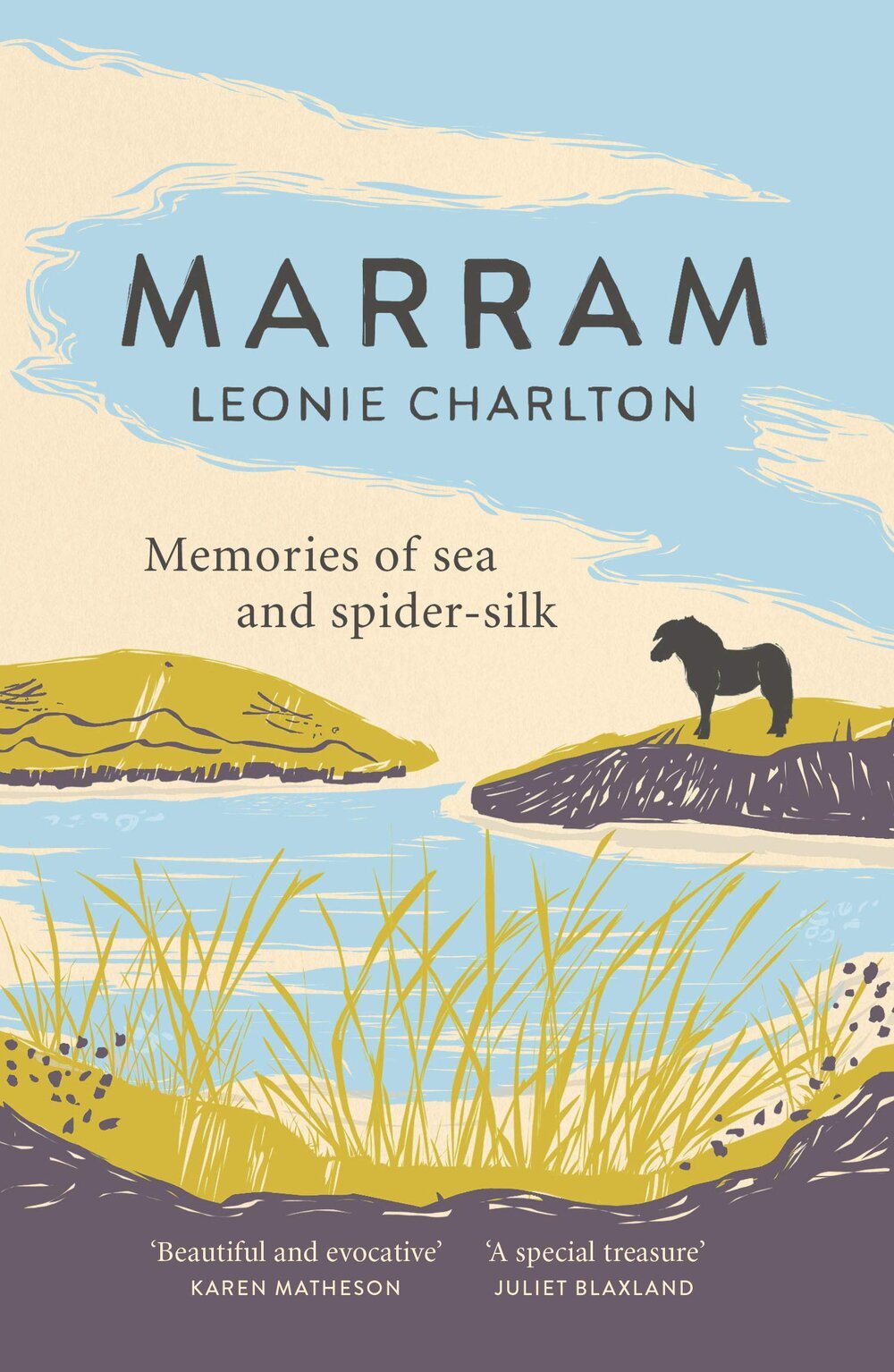
Marram by Leonie Charlton
‘Still, even if, at journey’s end, it is an uneasy acceptance of the life and behaviour of her mother (and their fractured relationship) that Charlton finds, the real achievement here, you suspect, is not so much the outcome as the journey itself.’
